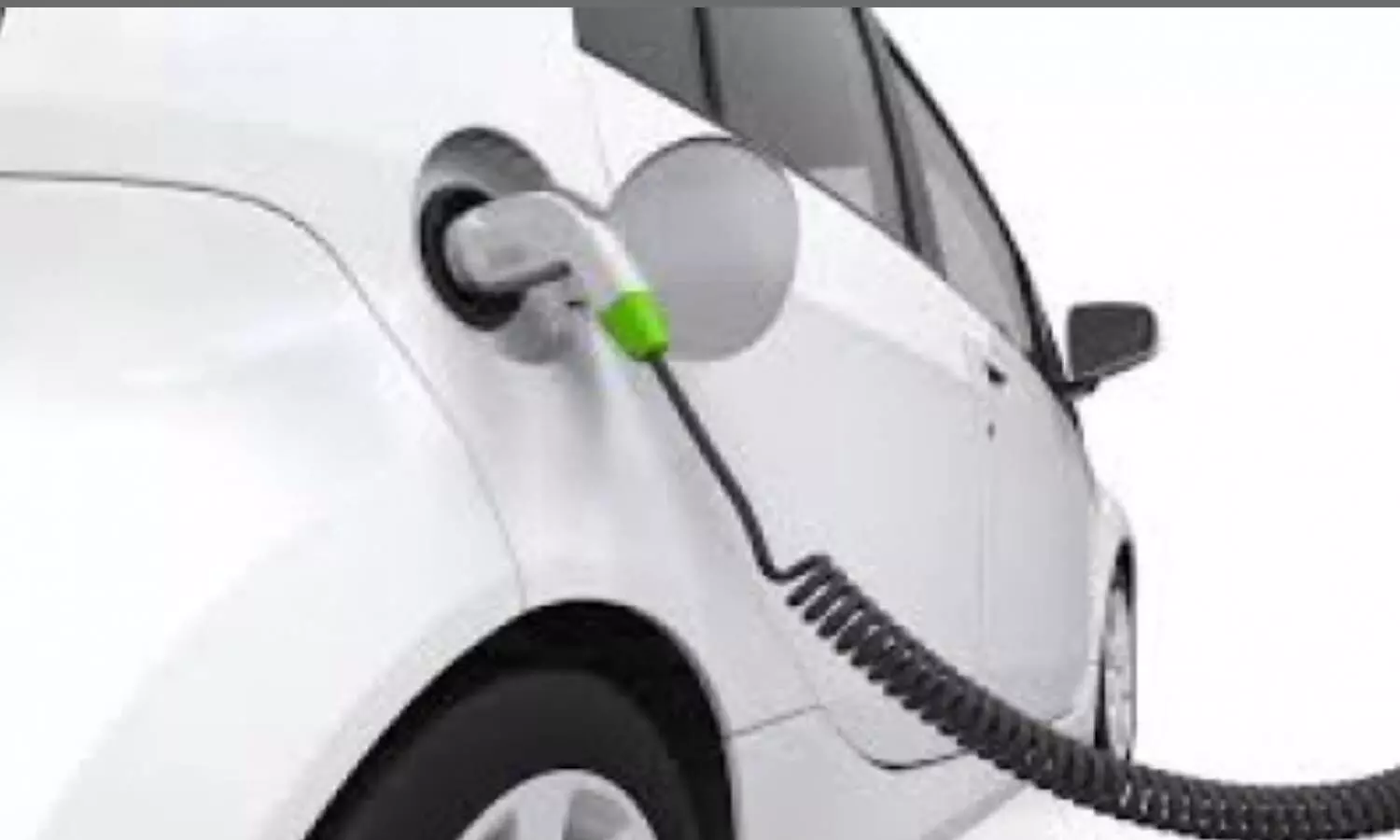Electric cars boom is reshaping auto industry
Battery-powered cars are having a breakthrough moment and will enter the mainstream this year as automakers begin selling electric versions of one of Americans’ favorite vehicle type: pickup trucks.
image for illustrative purpose

Battery-powered cars are having a breakthrough moment and will enter the mainstream this year as automakers begin selling electric versions of one of Americans' favorite vehicle type: pickup trucks. Their arrival represents the biggest upheaval in the auto industry since Henry Ford introduced the Model T in 1908 and could have far-reaching consequences for factory workers, businesses and the environment. Tailpipe emissions are among the largest contributors to climate change.
While electric vehicles still account for a small slice of the market — nearly 9 percent of the new cars sold last year worldwide were electric, up from 2.5 percent in 2019, according to the International Energy Agency — their rapid growth could make 2022 the year when the march of battery-powered cars became unstoppable, erasing any doubt that the internal combustion engine is lurching toward obsolescence.
The proliferation of electric cars will improve air quality and help slow global warming. The air in Southern California is already a bit cleaner thanks to the popularity of electric vehicles there. And the boom is a rare piece of good news for President Joe Biden, who has struggled to advance his climate agenda in Congress.
The auto industry is on track to invest half a trillion dollars in the next five years to make the transition to electric vehicles, Wedbush Securities, an investment firm, estimates. That money will be spent to refit and build factories, train workers, write software, upgrade dealerships and more. Companies are planning more than a dozen new electric car and battery factories just in the United States.
"It's one of the biggest industrial transformations probably in the history of capitalism," said Scott Keogh, CEO of Volkswagen Group of America. "The investments are massive, and the mission is massive."
But not everyone will benefit. Makers of mufflers, fuel injection systems and other parts could go out of business, leaving many workers jobless. Nearly 3 million Americans make, sell and service cars and auto parts, and industry experts say producing electric cars will require fewer workers because the cars have fewer components.
Over time, battery ingredients like lithium, nickel and cobalt could become more sought after than oil. Prices for these materials are already skyrocketing, which could limit sales in the short term by driving up the cost of electric cars.
The transition could also be limited by the lack of places to plug in electric cars, which has made the vehicles less appealing to people who drive long distances or apartment residents who can't charge at home. There are fewer than 50,000 public charging stations in the United States. The infrastructure bill that Congress passed in November includes $7.5 billion for 500,000 new stations, although experts say even that number is too small.
And it could take time to see the climate benefits of electric cars: Replacing the 250 million existing fossil-fuel cars and light trucks could take decades unless governments provide larger incentives to car buyers. Cleaning up heavy trucks, one of the biggest sources of greenhouse gas emissions, could be even harder. Still, the electric car boom is already reshaping the auto industry.

